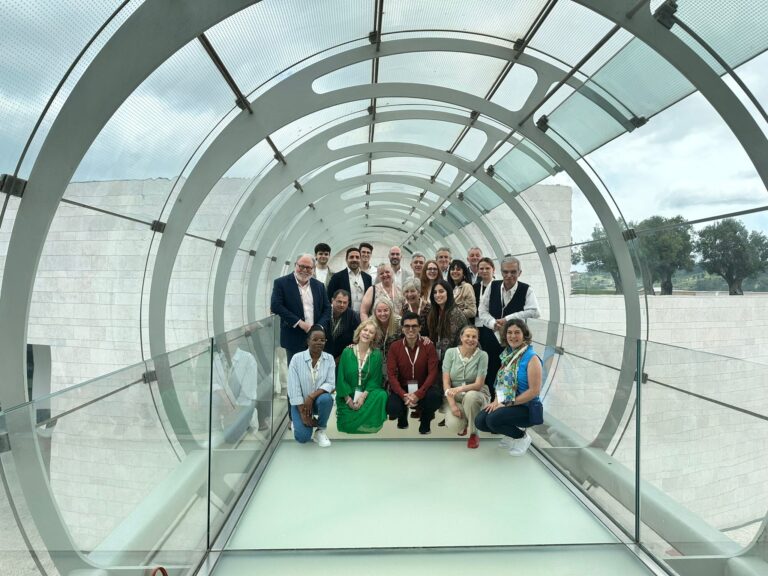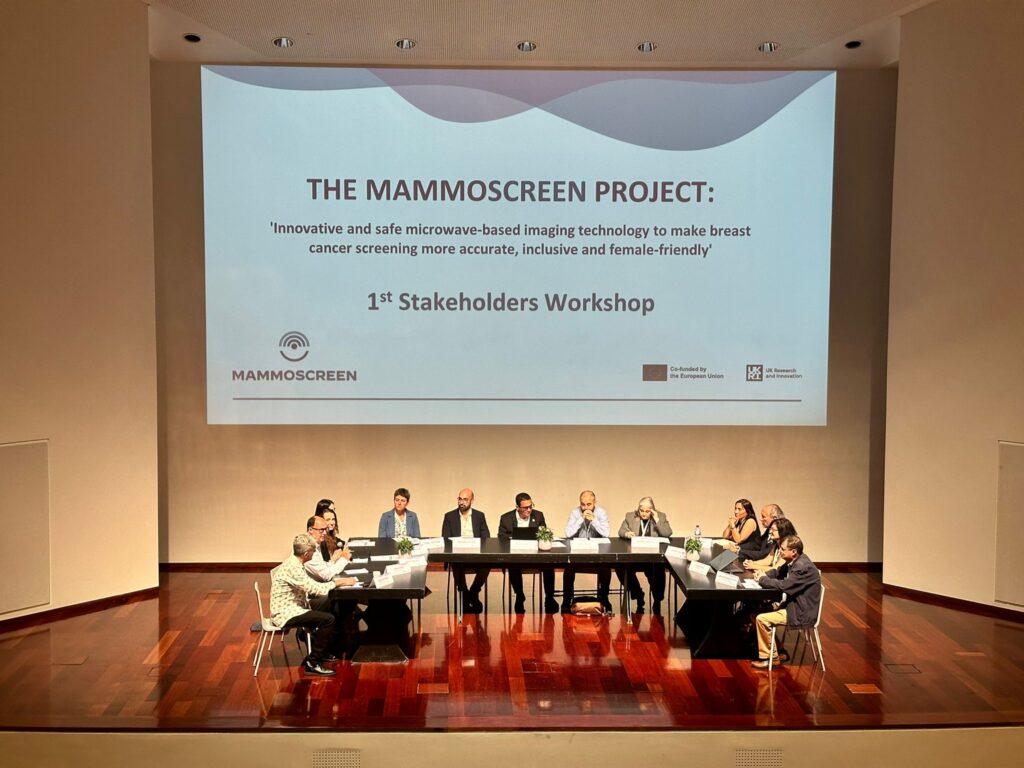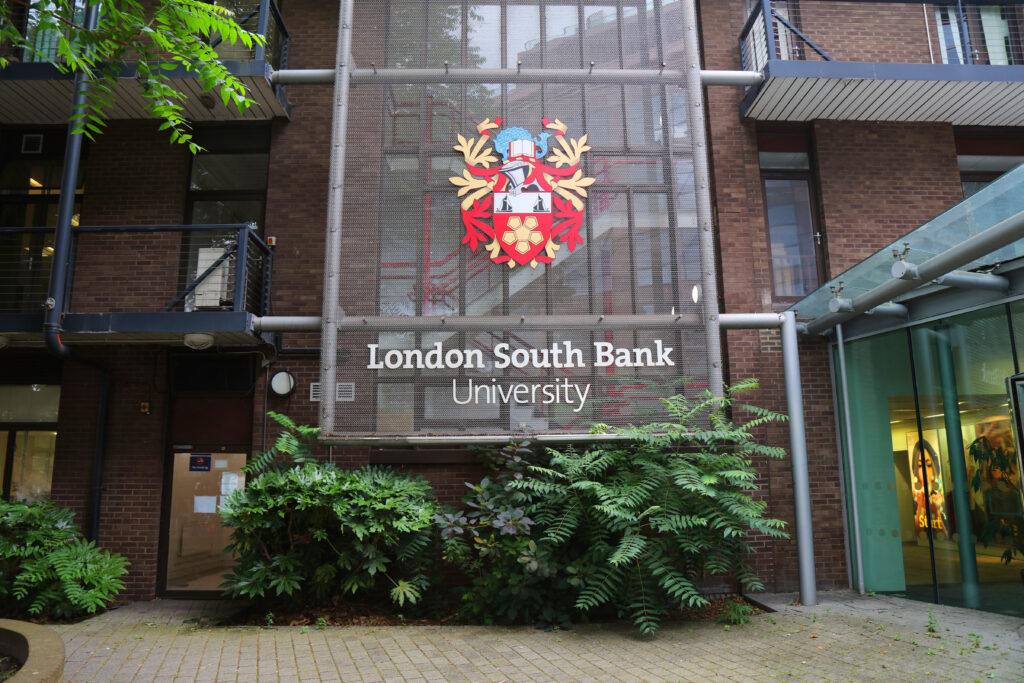Last 22, 23 and 24th of May, it was EVITA´s pleasure to welcome all the MammoScreen partners to Lisbon, a city known for its vibrant culture and rich history, on the occasion of the 16th Consortium Meeting, the 1st Stakeholders Workshop and the Patient Workshop. The anticipation was high for groundbreaking discussions, fostered by the collaborative spirit of the Consortium and the expertise of the invited Stakeholders.
The Champalimaud Foundation, a worldwide reference for scientific research and clinical practice, offered the perfect stage for the event, located in the riverside area of Belém, at the heart of historic Lisbon. The Champalimaud Foundation, one of the recruitment units in the MammoScreen clinical trial, was the chosen venue for the Consortium Meeting. The perfect backdrop for the 1st Stakeholders Workshop was the Foundation’s Auditorium, with its striking large elliptical window over the river Tagus and the Belém Tower that “greets those who enter it and stimulates ambition”.
The two gatherings couldn´t have happened at a more auspicious moment: the installation of MammoWave devices (led by UBT) and the initiation of clinical trials (coordinated by SESCAM) is well underway; ELAROS was ready to present a Beta Lite version of the MammoScreen App born of a strong collaboration with EVITA. The app was presented to the General Assembly during the Consortium Meeting and to patients during the Patient Workshop; LSBU had important advancements to report on the data analysis models that support the interpretation of MammoWave signals; researchers at IMT LUCCA compiled a review of the current landscape on the use of cutting-edge Artificial Intelligence (AI) within breast imaging; and, last but not least, our Project Management team from TLS had important updates about the communication and dissemination efforts and the reporting commitments of our project.

The excellent participation of our advisory board members for scientific, ethics and patient group coordinators throughout the meeting steered fruitful discussions and promoted a collaborative atmosphere between scientists, clinicians, and patient advocates.
The 1st Stakeholders Workshop took place in the afternoon of the 23rd of May. This pivotal event brought together diverse voices and perspectives to address challenges and opportunities regarding the adoption of new technologies, like MammoWave, in care pathways and screening programmes in the European health space. Key challenges of the project, such as demonstrating high sensitivity and accuracy in the identification of breast lesions, improving access to screening in underserved populations, and integrating this new technology into existing healthcare systems, were discussed.

Overall, the Lisbon Consortium Meeting achieved several key objectives, including progress review, fostering collaborations, identifying challenges and pointing towards actionable strategies for the deployment of the MammoWave technology.
The rapid evolution of medical technology is transforming healthcare delivery, improving patient outcomes and driving clinical practices to change at a fast pace. The involvement and collaboration of diverse stakeholders is paramount to navigating this complex landscape, and the 1st Stakeholders Workshop was an important milestone, with its strong call to action for policies that support innovation while ensuring patient safety and efficacy. It was also an opportunity for the Consortium to identify key areas for dissemination and communication. As the medical industry continues to evolve, collaborative efforts like the MammoScreen Project will be essential in driving innovation, improving patient care, and ensuring the successful integration of new technologies into healthcare systems.
Last but not least, the meeting with Patients confirmed again the strong importance of involving the voice of patients with a support-decision making process, to gather fundamental insights from the citizens who are the effective beneficiaries of the project’s goals.
This article is part of #2 issue of MAMMOSCREEN newsletter: read the full issue here.




